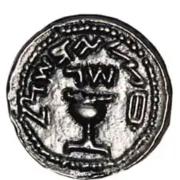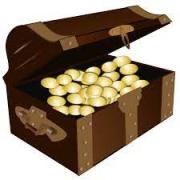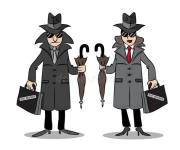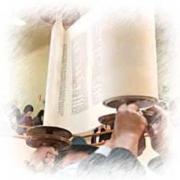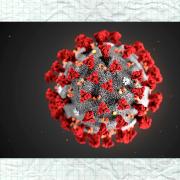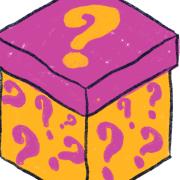The Mystery of The Half Shekel
I want to share an interesting idea with you. There are many explanations for the reason for half shekel, but please allow me to offer another one.
In Megilat Esther, it says that Haman offered 10,000 kikar silver in exchange for the right to get rid of the Jews. Haman was afraid that Achashverosh would object to the loss of Jewish tax revenue if he killed them all. So, to prevent that objection, Haman was ready to sweeten the deal for the King by offering the above amount. King Achashverosh never took the offered money, which is an important fact to remember.
Hashem foresaw the above conversation, so when the Nation of Israel came out from Egypt, Hashem gave Moshe Rabbenu a commandment to collect half shekel from each individual. Moshe Rabbenu did exactly that and collected from 600,000 men, as it says in Parashat Ki Tisa 30:11-16.
These funds were used to build the mizbeach or the altar in the desert, but its spiritual value has been reserved for future use.
Targum Sheni Masechet Megilah says that “Haman offered a quarter of the shekel for each person of the 600,000 that came out from Mitzrayim to King Achashverosh, which equals 10,000 kikar silver.” Or, in other words, Haman set the price to a quarter of a shekel or 50% of the half shekel.
Based on the price set by Haman, it makes me think, since at the time of Exodus they collected half shekel, which is 50% of the whole shekel, Hashem deducted half from that collected value, and in its merit, the miracle of Purim happened, and the Nation of Israel was saved from the dark scheme of Evil Haman.
But the remaining 50% of the half is still unclaimed and has never been used.
For centuries, no matter where in the world the Nation of Israel has been, on Taanit Esther, we have been “paying” in all types of currencies—but in reality, we are renewing the original half shekel, or the remainder of it—nonstop, which in turn has Hashem collecting its spiritual value and saving it for future use.
But when, and how can this remainder be used?
I believe that when Mashiach comes, Hashem will use the merit of the remaining 50% of the half shekel. And this will end the dark schemes of this world's evil and allow the Nation of Israel to walk away free from current exile into redemption.
But remember, King Achashverosh never took the money offered by Haman!!
That's why says Prophet Isaiah in 52:3-6:
כִּי־כֹה֙ אָמַ֣ר יֱהֹוִ֔ה חִנָּ֖ם נִמְכַּרְתֶּ֑ם וְלֹ֥א בְכֶ֖סֶף תִּגָּאֵֽלוּ׃
For thus said G-D:
You were sold for no price,
And shall be redeemed without money.
כִּ֣י כֹ֤ה אָמַר֙ אֲדֹנָ֣י יֱהֹוִ֔ה מִצְרַ֛יִם יָֽרַד־עַמִּ֥י בָרִֽאשֹׁנָ֖ה לָג֣וּר שָׁ֑ם וְאַשּׁ֖וּר בְּאֶ֥פֶס עֲשָׁקֽוֹ׃
For thus said my Sovereign G-D:
Of old, My people went down
To Egypt to sojourn there;
But Assyria has robbed them,
Giving nothing in return.
וְעַתָּ֤ה מַה־לִּי־פֹה֙ נְאֻם־יְהֹוָ֔ה כִּֽי־לֻקַּ֥ח עַמִּ֖י חִנָּ֑ם מֹשְׁלָ֤ו יְהֵילִ֙ילוּ֙ נְאֻם־יְהֹוָ֔ה וְתָמִ֥יד כׇּל־הַיּ֖וֹם שְׁמִ֥י מִנֹּאָֽץ׃
What therefore do I gain here?
—declares G-D—
For My people has been carried off for nothing,
Their mockers howl
—declares G-D—
And constantly, unceasingly,
My name is scolded.
לָכֵ֛ן יֵדַ֥ע עַמִּ֖י שְׁמִ֑י לָכֵן֙ בַּיּ֣וֹם הַה֔וּא כִּֽי־אֲנִי־ה֥וּא הַֽמְדַבֵּ֖ר הִנֵּֽנִי׃
Assuredly, My people shall learn My name,
Assuredly [they shall learn] on that day
That I, the One who promised,
Am now at hand.
And as it was V’Nahapoch Hu, the bitter situation was reversed to happy, centuries ago, so it will be reversed once again in our time.
Shmuel Katanov
03/06/2025






